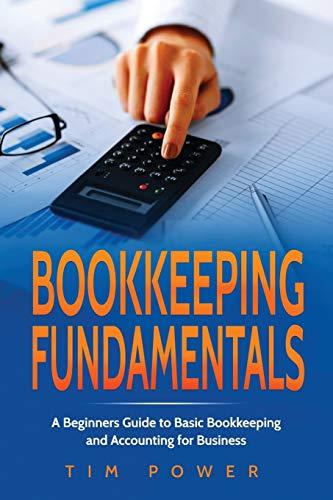

PB13-5 Interpreting Profitability, Liquidity, Solvency, and P/E Ratios Mattel and Hasbro are the two biggest makers of games and toys in the world. Mattel sells over $6 billion of products each year while annual sales of Hasbro products exceed $4 billion. Compare the two companies as a potential investment based on the following ratios Ratio Mattel Hasbro Gross profit percentage Net profit margin 53.7% 58.1% 13.9% 10.0% Return on equity 28.4% 18.0% $ 2.16 2.59 EPS 5.2 Receivables turnover ratio 3.8 Inventory turnover ratio 5.8 5,0 Current ratio 3.22 1.82 Debt-to-assets 0.25 0.32 P/E ratio 15.4 25.6 Required: 1. Which company appears more profitable? Describe the ratio(s) that you used to reach this decision. 2. Which company appears more liquid? Describe the ratio(s) that you used to reach this decision 3. Which company appears more solvent? Describe the ratio(s) that you used to reach this decision 4. Are the conclusions from your analyses in requirements 1 to 3 consistent with the value of the two companies, as suggested by their P/E ratios? If not, offer one explanation for any apparent inconsistency What is the Current Ratio before the loan consideration? What is the Currect Ratio after the controller pays off the loan? Do you think the bank would change it's decision with the new current ratio? Give reason. Is there a potential risk to ClC from the controller's actions? PB13-5 Interpreting Profitability, Liquidity, Solvency, and P/E Ratios Mattel and Hasbro are the two biggest makers of games and toys in the world. Mattel sells over $6 billion of products each year while annual sales of Hasbro products exceed $4 billion. Compare the two companies as a potential investment based on the following ratios Ratio Mattel Hasbro Gross profit percentage Net profit margin 53.7% 58.1% 13.9% 10.0% Return on equity 28.4% 18.0% $ 2.16 2.59 EPS 5.2 Receivables turnover ratio 3.8 Inventory turnover ratio 5.8 5,0 Current ratio 3.22 1.82 Debt-to-assets 0.25 0.32 P/E ratio 15.4 25.6 Required: 1. Which company appears more profitable? Describe the ratio(s) that you used to reach this decision. 2. Which company appears more liquid? Describe the ratio(s) that you used to reach this decision 3. Which company appears more solvent? Describe the ratio(s) that you used to reach this decision 4. Are the conclusions from your analyses in requirements 1 to 3 consistent with the value of the two companies, as suggested by their P/E ratios? If not, offer one explanation for any apparent inconsistency What is the Current Ratio before the loan consideration? What is the Currect Ratio after the controller pays off the loan? Do you think the bank would change it's decision with the new current ratio? Give reason. Is there a potential risk to ClC from the controller's actions








